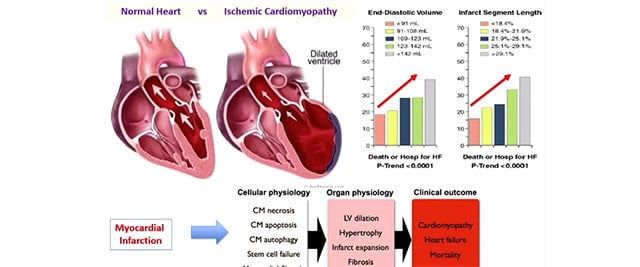Highlights
- Many structural heart diseases are congenital, while some develop later in life
- All types of structural heart diseases include a defect or a disorder in the structure of the heart tissues or the valves
- Symptoms vary depending on the patient and condition.
Structural heart diseases are problems that arise from defects in the tissues or valves of the heart. While most of these diseases are congenital, which means that they are already present from the time of birth, other structural heart diseases start developing in the later stages of life. The valves need to work properly and in sync for the heart to function as it is expected to.
Types Of Structural Heart Diseases
There are different types of structural heart conditions:
- Aortic valve stenosis – The aortic valve is narrowed and is unable to open all the way.
- Atrial Septal defect and Patent foramen ovale – These are two types of holes or defects and these occur in the upper chambers of the heart.
- Heart valve disease – This condition occurs when one or more valves are damaged and the blood flow is affected.
- Mitral Valve regurgitation – The mitral valve lets blood leak backward into the heart.
- Left ventricular hypertrophy – The muscle wall of the left ventricle of the heart becomes thickened.
- Cardiomyopathy – There is a change in the heart’s muscle. Usually, the muscle becomes stiff and enlarged.
- Myocarditis – Heart muscle becomes inflamed.
Symptoms Of These Diseases
Although the symptoms could vary from patient to patient depending on the condition and many other factors, here are a few common symptoms you can watch out for:
- Mini strokes called transient ischemic attacks
- Stroke
- Shortness of breath
- Pain or a tight feeling in the chest
- High blood pressure
- Leg cramps
- Kidney dysfunction
- Irregular heartbeats
- Fatigue or extreme tiredness
- Coronary artery disease
Also Read – Beat Insomnia With These Steps – Say Hello To Your Sweet Dreams
Risk Factors For Structural Heart Diseases
You can avoid structural heart diseases if you avoid these risk factors and keep a check on them.
- Atherosclerosis – The arteries which are responsible for supplying the heart with blood are narrowed or clogged. This condition leads to a reduction in the amount of oxygen received by the heart and this weakens the muscle. This might also cause a heart attack which would leave your heart with scar tissue. Scar tissue does not contract and this leads to your heart pumping less effectively, unlike normal heart muscle.
- Hypertension or high blood pressure – Poorly controlled or long-term high blood pressure would make your heart work harder in order to pump blood through your body because high blood pressure leads to an increase in resistance, and your heart must pump against it. This extra pressure on the heart may wear out the heart in the future.
- Heart valve problems – Heart valves are responsible for controlling the direction of blood flow in the heart. They do not open and close properly when they are damaged. This might make the blood flow backward or limit the forward flow of the blood. Congenital defects and infections like rheumatic fever may cause heart valve problems and these will interfere with the ability of your heart to pump blood effectively.
- Excessive alcohol consumption – Excessive alcohol consumption weakens the muscle walls of the heart.
- Drugs usage – Drugs like cocaine and amphetamine damage the heart to a great extent. Misuse of some prescribed drugs can also lead to heart conditions.
- Cancer treatments – Even cancer treatments are sometimes harmful to the heart.
Treatments
Sometimes, there is no treatment needed for structural heart diseases, but your doctor might want you to get tested regularly to keep an eye on the condition of the heart and see if the disease is improving or becoming worse. Some of the treatments for these conditions include:
- Prescribed medicine
- Opening or bypassing the coronary arteries
- Repairing or replacing heart structures
- Implantation of cardiac devices
- Replacing or assisting the heart
Prevention
There are a few ways to prevent structural heart diseases:
- Eat healthier food, exercise, and maintain a healthy lifestyle to prevent atherosclerosis and clogging of arteries.
- Avoid sodium and take medicines timely to avoid high blood pressure.
- Keep your alcohol consumption to a minimum.
- Avoid drugs.
Although structural heart diseases are inborn and congenital in most cases, there is still hope that they can be controlled up to some extent through medication and a healthy lifestyle.
For more informative articles, visit lifestyle.












